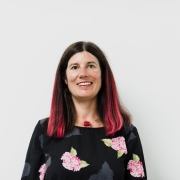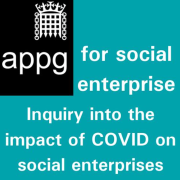Are we reaching peak greenwash? Finding a better solution.
As I write the movers and shakers of the business and political world are meeting in Davos for the World Economic Forum. I’m sure that there will be the usual platitudes about how good business is at addressing the world’s crisis as well as pointing to ‘evidence’ to support this claim.
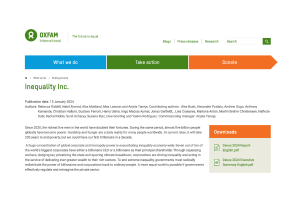 Economic, social and environmental trends, however, paint a different picture. Oxfam has brought out its annual inequality report (this year’s aptly titled Inequality Inc.) to coincide with this event. It’s depressing but not that surprising to see existing inequality continuing to grow exponentially.
Economic, social and environmental trends, however, paint a different picture. Oxfam has brought out its annual inequality report (this year’s aptly titled Inequality Inc.) to coincide with this event. It’s depressing but not that surprising to see existing inequality continuing to grow exponentially.
Headlines are that since the beginning of Lockdown in 2020, the world’s 5 richest men had doubled their substantial fortunes. It also shows that the power of the corporate is exacerbating inequality and climate change through behaviours that run counter to ‘good business’ – a mixture of squeezing workers, tax dodging, privatising public services and pollution – i.e. being driven by shareholder private gain rather than social and environmental good despite all the talk of business being ‘purpose led’. Are we reaching peak greenwash? Many of the checks and balances (for example Environmental, Social and Governance (ESG) Reporting) are mere window dressing as are the messages about corporate altruism and putting people and the planet first.
What is needed (confirmed by the report) is for governments to reimagine and shift their view of what makes the private sector include wider business models such as social enterprise. It’s not a fringe, hippy activity – it should be a desirable mainstream destination.
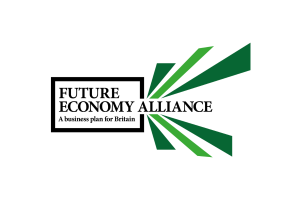 Even those politicians that support social enterprises are too enmeshed in the current business paradigm to realise the full potential of our sector. This is why we have become part of the Future Economy Alliance which advocates for the wider social economy to be taken more seriously in building a more sustainable, equitable future economy in the UK.
Even those politicians that support social enterprises are too enmeshed in the current business paradigm to realise the full potential of our sector. This is why we have become part of the Future Economy Alliance which advocates for the wider social economy to be taken more seriously in building a more sustainable, equitable future economy in the UK.
Unfortunately, most governments and many businesses are going in the opposite direction and doubling down on corporate-led, cheaper, short-term decisions driven by excuses like the cost-of-living crisis (that affects the poorest most) as well as short-term political and shareholder expediency.
The shareholder profit equals good efficient business equation embedded in our worldwide culture and financial systems. It’s so ingrained that mainstream financial products and tax incentives are driven by this assumption, which is why there is a dearth of alternative businesses and finance to support their growth and flourish.
It doesn’t have to be this way. We need to decouple shareholder profit from business and support other viable models such as social enterprises and worker cooperatives. And it’s not only the business model that counts – it’s also about the journey that the organisation is on. What we don’t need is a load more incentives (tax breaks and financial products) to perpetuate the business status quo- we need the government to listen and act to incentivise new and existing, good well-run social enterprises that are really delivering social and environmental value rather than shareholder value. We also need to incentivise conversions from the extractive business model towards a more regenerative approach (through the application of tools such as those by the Doughnut Economics Lab)
This is where accreditation comes into its own. Recent research from the platform In Good Company shows that despite the challenges of the current economic climate and consumers spending less, ethical businesses still see accreditation (66%) as important in verifying their claims and showing their ethical credentials. Governments need to be supporting those who can back up their claims and verify true social value.
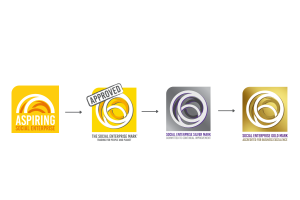 Our accreditation journey demonstrates that social enterprises can be the best at this. Social enterprises cannot sit still stating that their business model makes a difference without striving to be even better at what they do. We are the leaders in setting standards for what makes good business, governments should be looking to us to demonstrate best business practices, but we need to ensure that we can independently verify any claims that we make. This is why we would encourage existing social enterprises to look towards progression to our new Silver and Gold accreditations. The process will help you become the best that you can be!
Our accreditation journey demonstrates that social enterprises can be the best at this. Social enterprises cannot sit still stating that their business model makes a difference without striving to be even better at what they do. We are the leaders in setting standards for what makes good business, governments should be looking to us to demonstrate best business practices, but we need to ensure that we can independently verify any claims that we make. This is why we would encourage existing social enterprises to look towards progression to our new Silver and Gold accreditations. The process will help you become the best that you can be!

